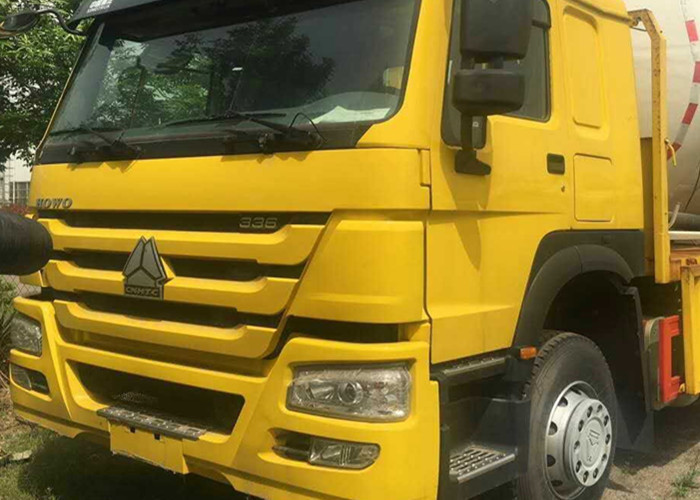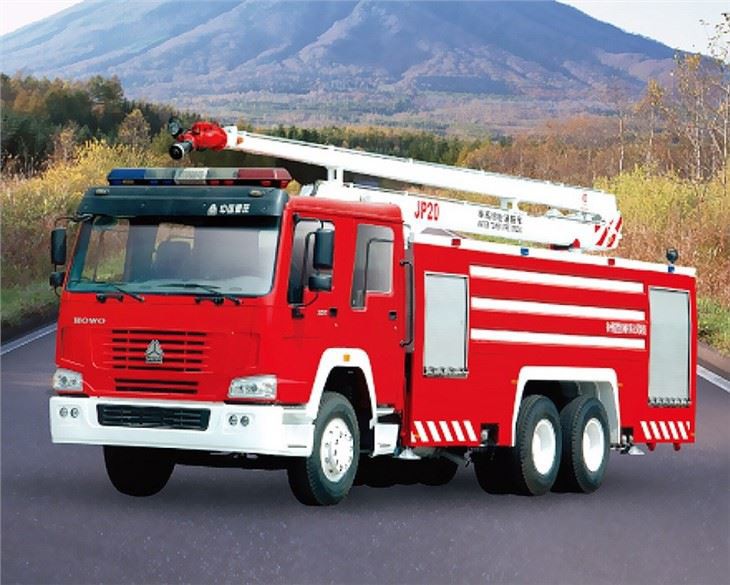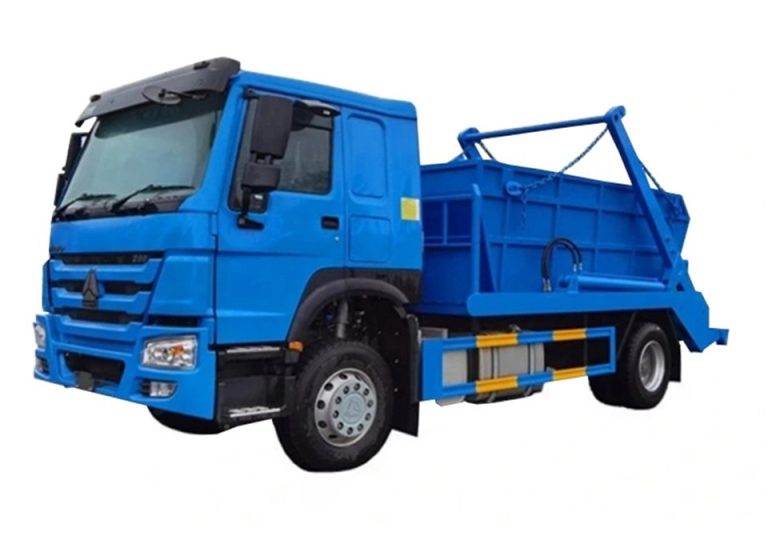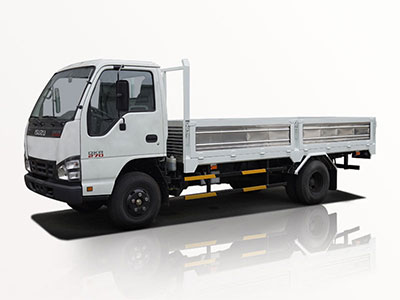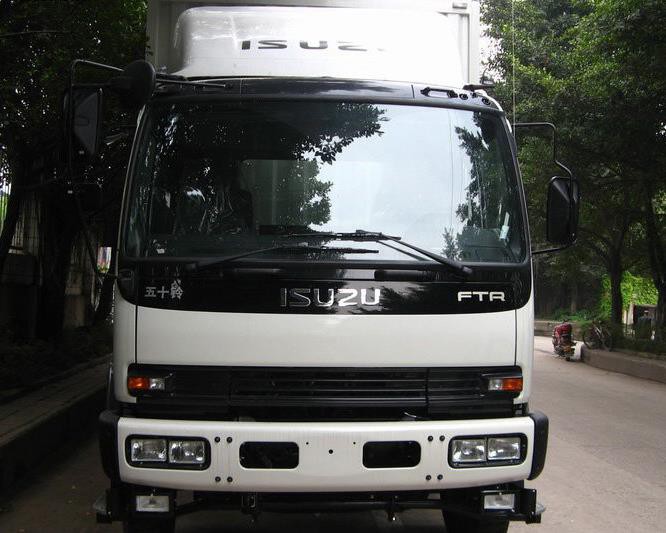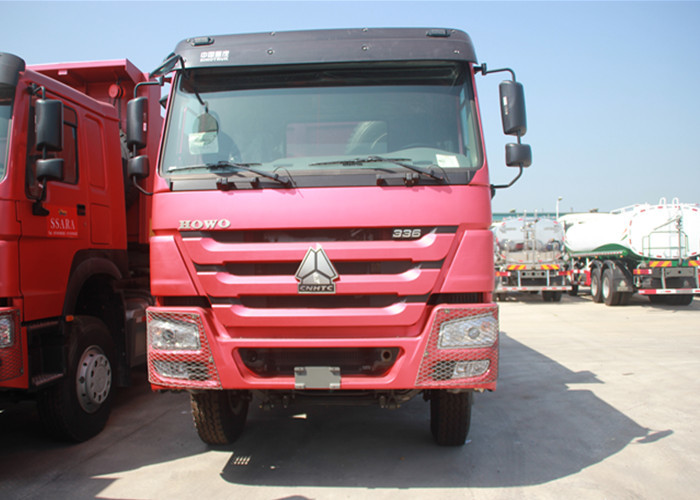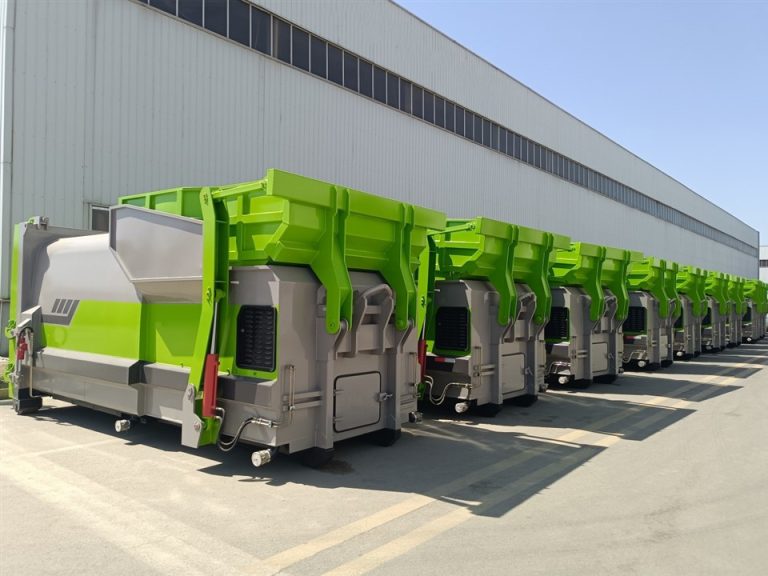In the world of household appliances, the trash compactor is often overlooked yet holds significant value, particularly for those looking to manage waste efficiently. This article aims to dive deep into what a trash compactor is, how it works, its benefits, and tips on choosing and maintaining one for your home.
What is a Trash Compactor?
A trash compactor is a device designed to reduce the volume of waste materials. It compresses trash into a compact form, making it easier to store and dispose of. Generally found in kitchens, a trash compactor can significantly reduce the frequency of garbage pickups and the overall waste footprint.
How Does a Trash Compactor Work?
Mechanism of Action
The primary function of a trash compactor is straightforward: it compresses waste. Here’s how it works:
- Loading: Users open the compactor door and load it with trash.
- Compaction: Once the door is closed, the machine activates a hydraulic ram that compresses the contents.
- Storage: After the compression cycle is complete, the compacted waste is stored in a receptacle until it can be disposed of.
Types of Trash Compactors
There are generally two types of trash compactors:
- Built-in Trash Compactors: Designed to be installed within cabinets, these compactors blend seamlessly with kitchen décor.
- Freestanding Trash Compactors: These units can be placed anywhere in the home and are typically more visible than built-in models.
Benefits of Using a Trash Compactor
Space-Saving
The most notable advantage of using a trash compactor is its ability to save space. By compressing waste, it allows users to store more trash within the same bin. This is particularly useful for families or individuals who generate a lot of waste.
Reduced Odors
Trash compactors can help in controlling odors since the device keeps trash sealed until it is ready to be disposed of. This feature is especially beneficial in warmer climates, where garbage can quickly become pungent.
Less Frequent Trips to the Dump
By reducing the volume of waste, trash compactors allow homeowners to make fewer trips to the landfill or curb for garbage pickup. This can save valuable time and effort.
Choosing the Right Trash Compactor
Size and Capacity
Your household size will largely dictate the compactor’s size and capacity. Consider how much waste you typically produce each week to choose an appropriate model.
Energy Efficiency
Many modern trash compactors are designed to be energy efficient. Check for ENERGY STAR ratings to minimize your environmental impact and reduce energy costs.
Noise Level
Since trash compactors can be somewhat noisy during operation, look for models with noise-reduction technology if you are concerned about sound levels.
Installation and Maintenance Tips
Installation Tips
When installing a trash compactor, consider the following:
- Location: Choose a location that is easily accessible and near a power source.
- Ventilation: Ensure the area is well-ventilated to help control odors.
Maintenance Tips
To keep your trash compactor in good working order:
- Regular Cleaning: Clean the interior of the compactor periodically to prevent odors and buildup.
- Inspect the Ram: Check the hydraulic ram for any signs of wear or damage.
Common Uses of Trash Compactors
Residential Uses
In homes, trash compactors are typically used for household waste, kitchen scraps, and some types of recyclables. They are ideal for urban dwellers who may have limited space for trash storage.
Commercial Uses
Many businesses, especially in the food industry, utilize trash compactors to manage large volumes of waste efficiently. This not only helps in maintaining cleanliness but reduces waste disposal costs as well.
Environmental Impact of Trash Compactors
Using a trash compactor can have a positive effect on the environment by:
- Reducing Landfill Waste: The compaction process allows for more efficient use of landfill space.
- Encouraging Recycling: Homeowners can store recyclables more compactly, promoting responsible waste management practices.
Cost of Trash Compactors
Initial Investment
The cost of trash compactors can vary widely depending on the brand, model, and features. On average, you can expect to spend between $300 to $700 for a decent unit.
Long-Term Savings
While the initial investment may seem high, consider the long-term savings on waste disposal fees and the reduced need for frequent curbside pickups.
FAQ Section
What types of waste can I put in a trash compactor?
You can dispose of most kitchen waste, but avoid putting in hazardous waste, liquids, or materials that do not compact well, like large metal objects.
Are trash compactors noisy?
Most trash compactors do create noise during operation; however, some models are designed to operate quietly. Always check noise level specifications before purchasing.
How often should I clean my trash compactor?
It is advisable to clean the interior of your trash compactor at least once a month to prevent odors and maintain efficiency.
Can I use my trash compactor for recycling?
Yes, many people use trash compactors for recyclables. However, check the manufacturer’s instructions regarding which materials can be compacted.
Is it safe for children to operate a trash compactor?
Trash compactors can be dangerous for children. Always supervise their use and educate them about the risks associated with operating the unit.
What should I do if my trash compactor jams?
If a trash compactor jams, turn off the unit immediately. Consult the manufacturer’s guidelines for troubleshooting steps, and consider seeking professional help if necessary.
Conclusion
In summary, trash compactors offer a myriad of advantages for both residential and commercial use. They contribute to better waste management, save space, and enhance cleanliness—making them a valuable addition to any home or business. With the right choice and proper maintenance, a trash compactor can serve you well for years to come.
